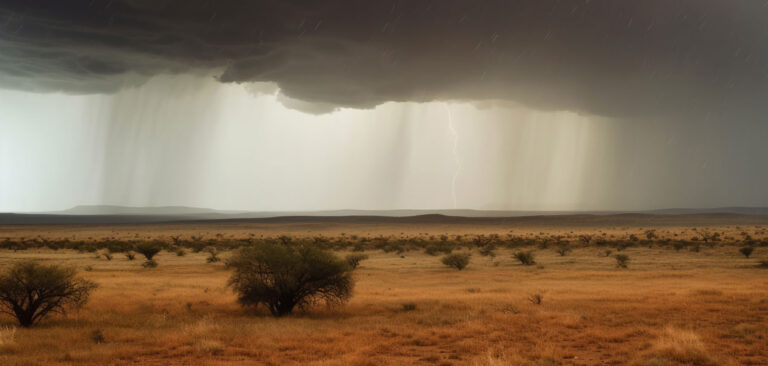The Natural Environment Research Council has awarded a total of £1m (US$1.2m) to the research project known as Nowcasting with Artificial Intelligence for African Rainfall Intelligence for African Rainfall (NAIAR).
NAIAR is to create nowcasting for tropical storms across Africa – a process that can predict weather conditions zero to six hours ahead. The project which will be carried out by the National Centre for Atmospheric Science (NCAS), the University of Leeds, and the UK Centre for Ecology and Hydrology.
According to the organizations, there is an urgent need for information about storms, and the related risks to lives and livelihoods, across Africa. Tropical storms are unpredictable and can change rapidly. For this reason, the researchers asserted that these kinds of storms can be particularly hazardous and challenging to predict accurately.
Nowcasting informs people about what is currently happening and provides information about how a storm is likely to move and develop over the next few hours. The lack of weather radar in most African countries means that nowcasting is almost completely absent. NAIAR will deliver information on storm hazards within minutes to users across Africa.
Other projects led by the National Centre for Atmospheric Science, such as GCRF African SWIFT, have shown that satellite technology can be used instead of weather radar for nowcasting storms. Existing satellite and AI nowcasting methods are limited in their ability to forecast realistic storms. NAIAR aims to combine machine learning (a form of AI), theoretical fluid dynamics, operational prediction and meteorology to innovate satellite and AI nowcasting of tropical storms, using data from the Meteosat Third Generation satellite.
Doug Parker, professor of meteorology at the University of Leeds and NCAS, commented, “The new forecasting methods will be released on existing online platforms and the FASTA smartphone app, which is being supported by the National Centre for Atmospheric Science and UK Centre for Ecology and Hydrology. The app delivers information across Africa and supports meteorology colleagues in Africa to apply the nowcasting locally.”
For more key nowcasting updates from the meteorological technology industry, click here.



